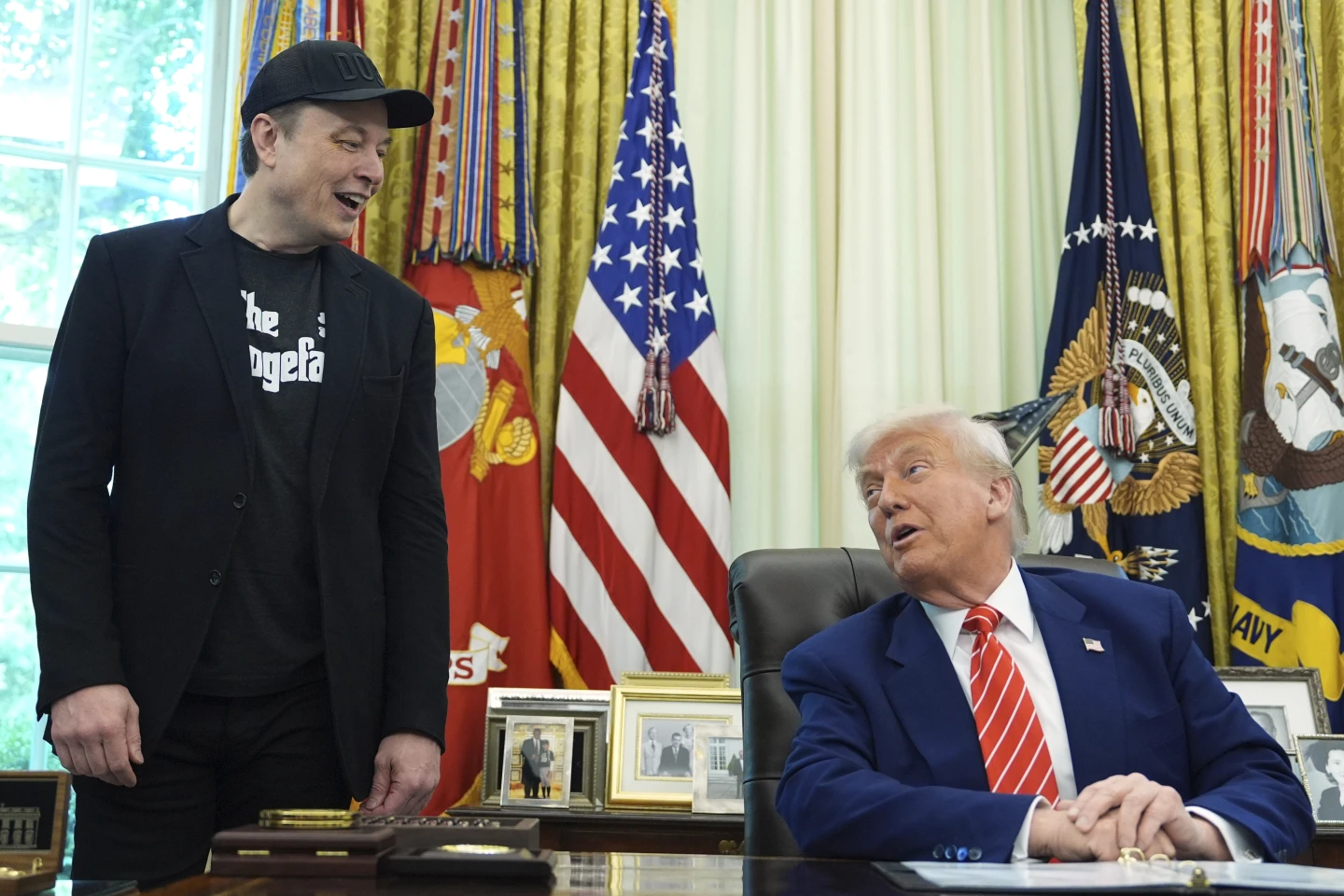The public feud between Elon Musk and Donald Trump has drawn significant attention, rooted in disagreements over tax policies, government spending, and trade relations with China. This article explores the core reasons behind their conflict, with a particular focus on the impact of US-China trade policies on Tesla and the broader implications for the electric vehicle (EV) industry.
The primary trigger for the Musk-Trump dispute is the proposed “One Big Beautiful Bill Act,” a tax and budget legislation that Musk has publicly criticized as “disgusting.” The bill aims to eliminate the $7,500 federal tax credit for electric vehicles, a policy that directly threatens Tesla’s affordability in the US market. Musk argues that removing this credit would harm Tesla’s sales, increase national debt, and promote wasteful government spending. In contrast, Trump has dismissed Musk’s criticism as “baseless” and “deranged,” defending his decision to cut EV subsidies as part of a broader effort to reduce government expenditure and protect American interests.
The disagreement has also taken a personal turn, with Musk making controversial remarks about the “Epstein files,” further escalating tensions. Additionally, Musk’s role in the Department of Government Efficiency (DOGE), aimed at reducing federal spending, has clashed with Trump’s broader economic policies, particularly regarding trade with China.
The elimination of the $7,500 EV tax credit would effectively increase the cost of Tesla’s vehicles, such as the Model 3 and Model Y, for American consumers. This credit has been instrumental in making Tesla’s cars more accessible to middle-class buyers, boosting demand in a competitive market. Without it, Tesla risks losing its edge to competitors, particularly Chinese manufacturers like BYD, who offer lower-priced alternatives.
Musk has expressed confidence that Tesla could weather this challenge due to its strong brand, technological advancements, and long-term value propositions, such as fuel savings and autonomous driving features. However, analysts warn that the loss of the tax credit could lead to a short-term decline in Tesla’s US sales and stock value. Over the long term, Tesla’s strategies to reduce production costs and innovate with battery technology may mitigate these effects, but the immediate impact on the American market could be significant.
A significant point of contention between Musk and Trump is their differing views on US trade policy with China. Trump has proposed imposing tariffs exceeding 100% on Chinese goods, prompting China to retaliate with an 84% tariff on US products. This escalating trade war poses a direct threat to Tesla, which relies heavily on the Chinese market. China is not only the world’s largest EV market but also home to Tesla’s Gigafactory Shanghai, a critical production hub.
Musk has criticized Trump’s tariff policies, arguing that they increase Tesla’s production costs and weaken its competitiveness in China. The higher tariffs could raise the price of Tesla vehicles in China, where the company faces fierce competition from domestic manufacturers. Conversely, Trump views Musk’s close business ties with China as conflicting with American interests, accusing him of prioritizing personal profit over national economic goals.
China’s trade policies further complicate the situation. The Chinese government supports its domestic EV industry with subsidies and incentives, which benefit both local companies and foreign players like Tesla. However, China’s strict regulations, such as requiring technology transfers or joint ventures, create risks for foreign companies. Tesla’s unique position as the only foreign automaker with a wholly-owned factory in China has been advantageous, but the ongoing trade tensions could lead to tighter controls or reduced incentives, threatening Tesla’s operations.
The Musk-Trump feud highlights deeper tensions between individual corporate interests and national economic policies. For Tesla, the combination of US tax credit cuts and heightened trade barriers with China could squeeze profit margins and limit market access. While Tesla’s global presence and technological leadership provide some resilience, the company faces challenges in navigating an increasingly protectionist US policy environment and China’s retaliatory measures.
Moreover, the dispute underscores the complexities of the global EV market. China’s dominance as both a market and a manufacturing hub makes it a critical battleground for companies like Tesla. Trump’s aggressive trade stance may protect certain American industries, but it risks alienating companies like Tesla that rely on global supply chains and markets. Meanwhile, Musk’s advocacy for open trade with China reflects his pragmatic approach to sustaining Tesla’s growth but puts him at odds with Trump’s “America First” agenda.
The conflict between Elon Musk and Donald Trump is multifaceted, driven by disagreements over tax credits, government efficiency, and trade policies with China. The proposed elimination of EV tax credits threatens Tesla’s affordability in the US, while escalating US-China trade tensions jeopardize its operations in a key market. As Musk and Trump continue their public spat, the broader implications for Tesla and the EV industry remain uncertain. Tesla’s ability to innovate and adapt will be crucial in navigating these challenges, but the outcome of this high-profile feud could shape the future of US trade policy and the global EV landscape.


